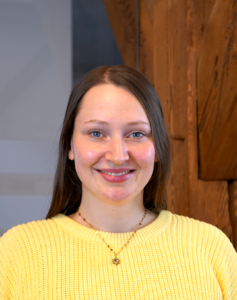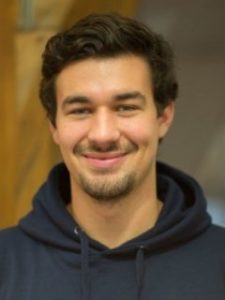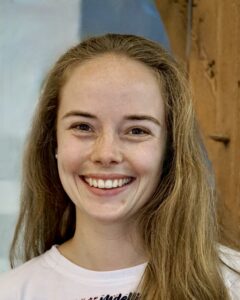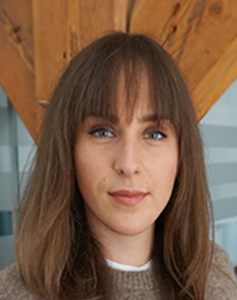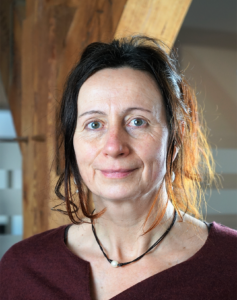Subproject D03
Sub-Project D03
Contact-Free Measurement of Stress, its Determinants and Consequences
Stress is a widespread concern in today’s world, impacting individual well-being and productivity within organizations. However, the conventional methods of stress assessment, which often involve invasive procedures, have hindered progress in this field.
In this sub-project, we are using contact-less empathokinesthetic sensory modalities to explore their application in experimentally induced acute psychosocial stress scenarios. By analyzing macro and micro movements, we gain valuable insights into the relationship between stress and physiological responses, uncovering subtle cues that arise during stressful experiences. Our goal is to understand how stress affects bodily movements and physiology, which can refine stress detection and interventions in real-life situations. Ultimately, the outcomes of this sub-project have the potential to impact how we address stress-related challenges in various settings.
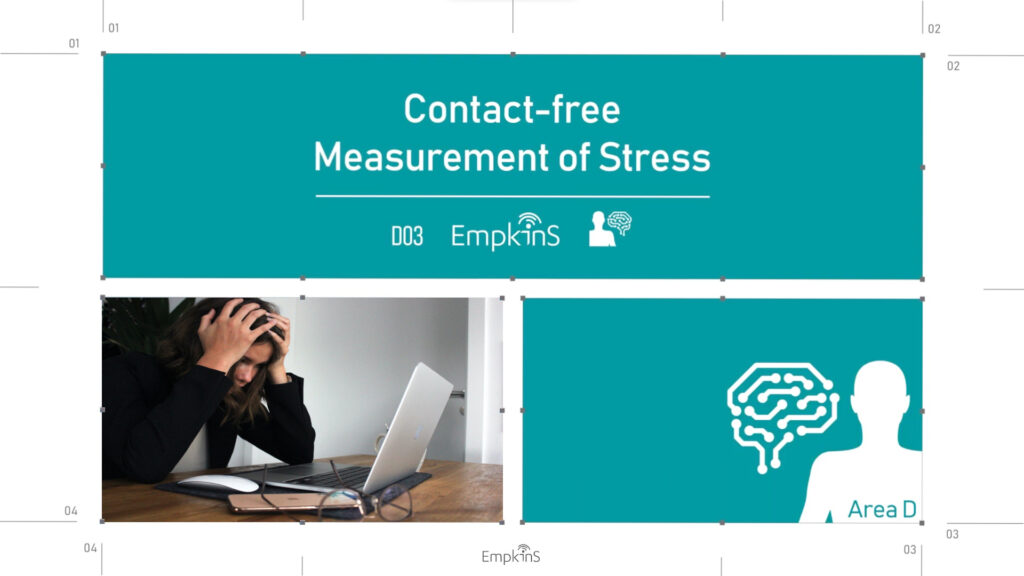
Contacts
Prof. Dr. Nicolas Rohleder
Principal Investigator
Felicitas Hauck, M. Sc.
Associtated Doctoral Candidate
Miriam Kurz, M. Sc.
Doctoral Canidate
Luca Abel, M. Sc.
Associate Doctoral Candidate
Isabella Hebel, M. Sc.
Associated Doctoral Candidate
Annika Heuler, M. Sc.
Associated Doctoral Candidate
Carolin Oeler, M. Sc.
Associated Doctoral Candidate
Veronika Ringgold, M. Sc.
Associated Doctoral Candidate
Dr.-Ing. Robert Richer
PostDoc
Dipl.-Biol. Petra Schatz
Laboratory Manager
Additional Information
- , , , , , , , :
EmRad: Ubiquitous Vital Sign Sensing using Compact Continuous-Wave Radars.
In: IEEE Open Journal of Engineering in Medicine and Biology (2024), S. 1-10
ISSN: 2644-1276. DOI: 10.1109/OJEMB.2024.3420241 - , , , , , , , , , , :
Machine learning-based detection of acute psychosocial stress from body posture and movements.
In: Scientific Reports 14 (2024), Art.Nr.: 8251. ISSN: 2045-2322. DOI: 10.1038/s41598-024-59043-1 - , , , , , , , , , :
Stress+ – Towards an Open-Source Web Application for the Remote Induction of Acute Psychosocial Stress.
DOI: 10.1016/j.psyneuen.2023.106870 - , , , , :
Lower Vagal Response to the Cold Face Test during Acute Psychosocial Stress is Associated with Higher Cortisol Reactivity.
DOI: 10.1016/j.psyneuen.2023.106871 - , , , :
tpcp: Tiny Pipelines for Complex Problems – A set of framework independent helpers for algorithms development and evaluation.
In: Journal of Open Source Software 8 (2023), S. 4953. ISSN: 2475-9066
DOI: 10.21105/joss.04953 - , , , , :
CARWatch – A smartphone application for improving the accuracy of cortisol awakening response sampling. In: Psychoneuroendocrinology 151 (2023), S. 106073. ISSN: 0306-4530
DOI: 10.1016/j.psyneuen.2023.106073. - , , , , , , :
openTSST – An open web platform for large-scale, video-based motion analysis during acute psychosocial stress.
IEEE-EMBS International Conference on Body Sensor Networks: Sensor and Systems for Digital Health (MIT Media Lab, Boston, MA, 9 Oktober 2023 – 11 Oktober 2023) - , , , :
Differences in acute stress responses depending on first or second language in a Hispanic-American sample.
In: Stress. The International Journal on the Biology of Stress 25 (2022), S. 313-322
ISSN: 1025-3890. DOI: 10.1080/10253890.2022.2110466 - , , , , , , , :
Detection of Acute Psychosocial Stress from Body Movements using Machine Learning.
79th Annual Scientific Meeting of the American Psychosomatic Society (Long Beach, CA, 23 März 2022 – 26 März 2022). In: Lippincott Williams & Wilkins (Hrsg.): Psychosomatic Medicine 2022 - , , , , :
Exploring the Cold Face Test as a Mechanism for Reducing Acute Psychosocial Stress Responses.
79th Annual Scientific Meeting of the American Psychosomatic Society (Long Beach, CA, 23 März 2022 – 26 März 2022). In: Lippincott Williams & Wilkins (Hrsg.): Psychosomatic Medicine 2022 - , , , , :
Vagus activation by Cold Face Test reduces acute psychosocial stress responses.
In: Scientific Reports 12 (2022), Art.Nr.: 19270. ISSN: 2045-2322. DOI: 10.1038/s41598-022-23222-9 - , , , , :
BioPsyKit: A Python package for the analysis of biopsychological data.
Journal of Open Source Software 6 (2021), S. 3702. ISSN: 2475-9066. DOI: 10.21105/joss.03702

